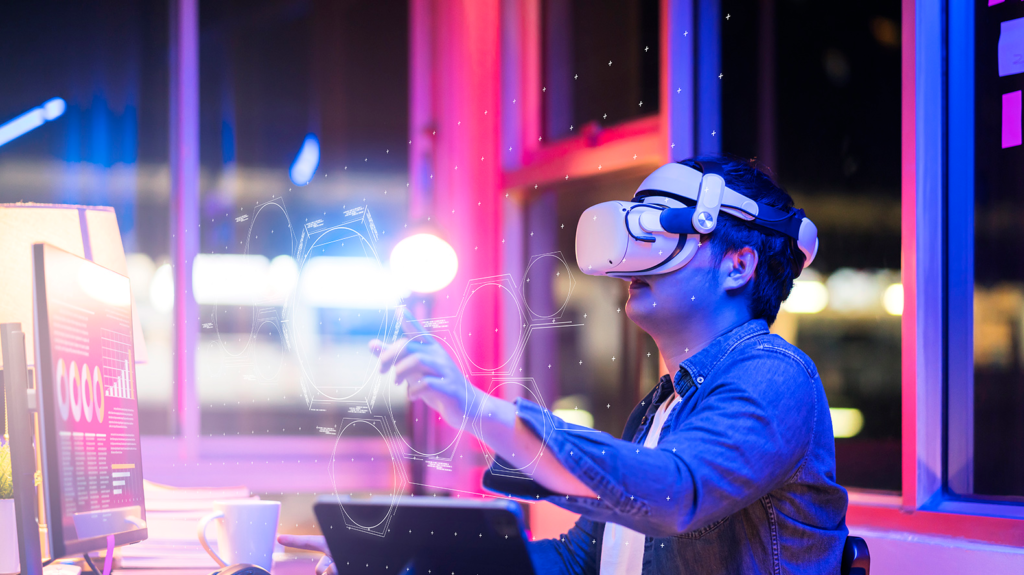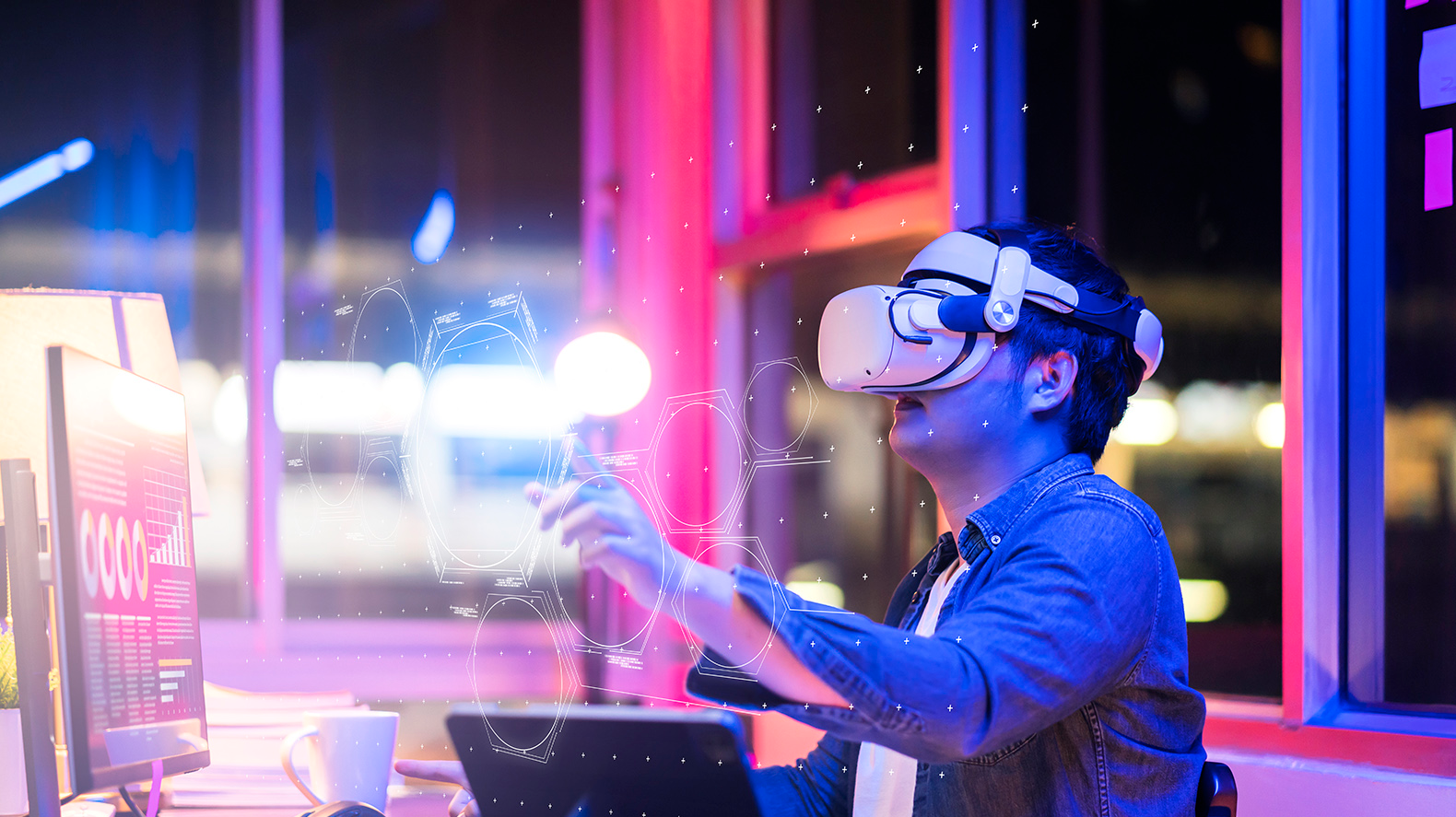As technology continues to advance at an unprecedented pace, the convergence of Artificial Intelligence (AI) and Virtual Reality (VR) is opening up new frontiers in creating immersive digital experiences. This dynamic synergy between AI and VR has the potential to redefine how we interact with virtual worlds, transforming entertainment, education, and various industries. In this article, we will explore the exciting possibilities and implications of the collaboration between AI and VR, unlocking a future where immersive worlds become more lifelike and engaging than ever before.
Enhanced Realism Through AI-Driven Environments
The integration of AI in VR environments holds the promise of creating virtual worlds that respond dynamically to user actions. AI algorithms can generate realistic landscapes, weather patterns, and even simulate complex ecosystems, making the virtual experience feel more authentic and responsive. This level of environmental realism enhances immersion, allowing users to explore and interact with virtual spaces that mirror the complexity of the real world.
Intelligent NPCs for Dynamic Interactions
AI plays a pivotal role in breathing life into non-player characters (NPCs) within VR environments. By employing sophisticated AI algorithms, NPCs can exhibit natural behaviors, engage in realistic conversations, and adapt to user interactions. This creates a more dynamic and engaging narrative, where users feel a sense of presence and connection with the virtual characters, elevating the overall VR experience to new heights.
Personalized Experiences with AI-Driven Content
AI’s ability to analyze user preferences and behaviors can be leveraged to tailor content within VR environments. From dynamically adjusting difficulty levels in gaming scenarios to curating personalized educational content, AI ensures that users receive a customized experience based on their individual preferences. This personalization not only enhances user satisfaction but also opens up new avenues for adaptive learning and entertainment.
Virtual Collaboration and Training with AI Assistance
In professional settings, the combination of AI and VR is transforming the landscape of training and collaboration. AI-powered virtual assistants can guide users through simulations, provide real-time feedback, and adapt scenarios based on performance. This is particularly impactful in fields such as healthcare, manufacturing, and education, where immersive training experiences can significantly enhance skills development and decision-making.
Challenges and Ethical Considerations
While the marriage of AI and VR holds great promise, it also raises ethical considerations. Privacy concerns, potential misuse of AI-generated content, and the need for transparent algorithms are critical issues that must be addressed. Striking a balance between innovation and responsible development is essential to ensure the ethical use of these technologies.

Conclusion
The fusion of AI and VR is unlocking a future where immersive worlds go beyond our current understanding. From realistic environments to intelligent NPCs and personalized experiences, the collaboration between AI and VR is reshaping how we perceive and interact with digital realms. As developers, researchers, and innovators continue to push the boundaries of this exciting convergence, we can anticipate a future where the line between the virtual and real becomes increasingly blurred, offering unparalleled experiences and opportunities for users worldwide.



